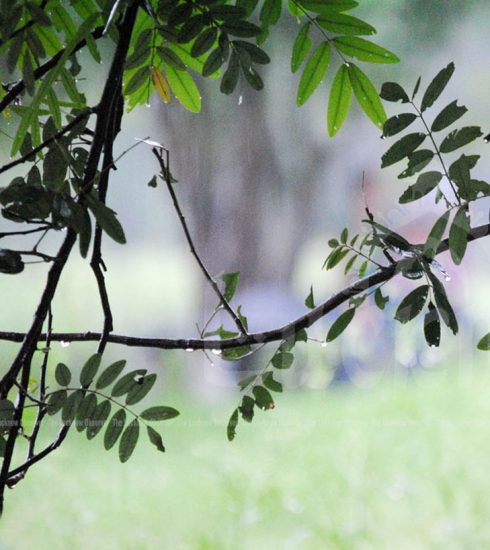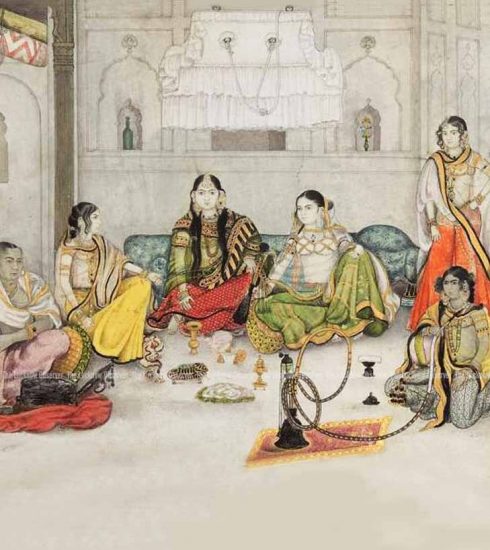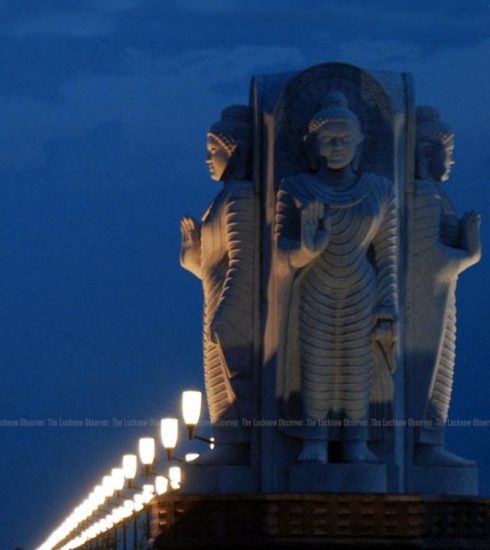Dhanteras
The Prelude of Prosperity
In a country where there is a medley of festivity, every day is celebrated with its solitary essence. Diwali being one of the most eminent festival, has got a very characteristic outset, Dhanteras. Though the festival of Diwali has abounding days of ravishment, but the supreme five days of Diwali get cracking from Dhanteras that is two days prior to Diwali. According to Hindu calendar Dhanteras is commemorated on the propitious thirteenth lunar day of the Krishna paksha of the month of Kartik. The month of Kartik falls between the month of October and November. Dhanteras festival labels the beginning of good fortune and prosperity. The name itself marks its significance as conjugated from “Dhan” or wealth and “Teras” means thirteenth.
On this day people make prayers to Goddess Lakshmi and Lord Kuber (Lord of Wealth) to get prosperous life and well being. Buying new things especially in precious metals is the signature of this festival. It is believed that all the new things purchased streak out as the symbolisation of Goddess Lakshmi and are the badge of prosperity. Dhanteras enfolds a unique worth for the business communities as they make customary purchases of the valuables on this day. The day is basically celebrated as the worship of wealth as people visit jewellery stores to buy gold or silver on this occasion. It marks the solace of celebrating New.
Although Hindu Mythology depicts many convictions about Dhanteras, but its identical blessedness, stacks up everyone. The myth that is allied mostly with this is that once Goddess Lakshmi insisted Lord Vishnu to accompany him during one of his visit to the earth. Lord Vishnu agreed but on the condition that she would not fall for earthly temptations and shall not look in the south direction. Goddess Lakshmi agreed to this condition of Lord Vishnu. However during their visit to earth, due to her ‘Chanchal’ nature Goddess Lakshmi got tempted to look in the south direction. She could not resist her urge and broke her pledge and started moving towards south. As soon as Goddess Lakshmi started pacing in south, she was mesmerized with the beauty of yellow mustard flowers and sugarcane fields. She felt for the earthly temptations and graced herself with the mustard flowers and started enjoying sugarcane juice. When Lord Vishnu saw that she has broken her pledge, he got annoyed and asked her to spend the next twelve years on the earth as her penance, serving the poor farmer who has cultivated mustard and sugarcane in the field. With the entrance of Goddess Lakshmi, the poor farmer became prosperous and rich overnight. Gradually, twelve years passed and the time for Goddess Lakshmi of returning back to Vaikuntha came. When Lord Vishnu came to the earth in disguise of an ordinary man to take the Goddess back, the farmer refused to relieve her from his services. When all attempts to by Lord Vishnu failed and the farmer didn’t agree to relieve the Goddess from his services, she revealed her true identity to the farmer and told him that she could not stay any more on the earth and need to go back to Vaikuntha. And Goddess Lakshmi promised the farmer that she would come to see him every year during the night of Krishna paksha Trayodashi before Diwali. Since then, the farmer started cleaning his home every year to welcome Goddess Lakshmi; he also lightened the earthen lamps full of ghee to welcome Goddess Lakshmi. These rituals to mollify Goddess Lakshmi made the farmer rich and prosperous year after year. Also the people who came to know about this incident started worshipping Goddess Lakshmi on the eve of Krishna paksha Trayodashi of Kartik month. And the devotees started worshipping Goddess Lakshmi along with Lord Kuber on the auspicious day of Dhanteras.
According to Hindu epic, the legend of “Samudramanthan” or churning of the ocean is also associated with Dhanteras. It is believed that when the “Devas” and the “Asuras” were churning the ocean for “amrit” or nectar, Dhanvantri appeared with a dazzling jar of amrit. Lord Dhanvantri is the doctor or the healer of Gods and signifies health. Thus it is implicated that any new discovery of medical science field starts at this day. He is also the incarnation of Lord Vishnu. In this way Dhanteras is also celebrated as Lord Dhanvantri’s blessed event and he enshrines everyone with health and wealth and brings fortune in life.
There is a one more interesting story linked up with the celebrations of Dhanteras festival. It is considered as once upon a time, King Hima’s sixteen year old son was destined to pass away just by the snake-bite on the fourth day of his marriage. His wife was very clever and she did not allow her husband to sleep on 4th day of the marriage. She arranged some gold ornaments as well as a lot of silver coins and made a large heap at the doorway of her husband. She also made light with the help of numerous lamps all around the place of his husband. When the God of death, Yama came to his husband in the appearance of a snake, his eyes got sightless by the dazzling light of the lamps, silver coins and gold ornaments. So the Lord Yama could not get entered into his chamber. Then he tried to ascend on top of the heap and was listening to the harmonious songs of his wife. Early in the morning he had gone away without taking her husband. Therefore the very young and newly married wife had saved her husband life from the death. And Yama being impressed over the newly married said that, the one who will worship him in the night of Trayodashi in the Kartik Krishna Paksha with the lamps facing to the south, has no fear of sudden death. People lit lamps outside their houses facing towards south on Dhanteras eve and are kept blazing during the whole night in respect to the God Yama, hence Dhanteras is also known as the Yamadeepdaan.
On this evening Rangoli of various designs and colours are reposed on the entrances, buildings are renovated and brightened with lightings, diyas are lit and much other amplification is taken for decorations. People asset things like Kalash, Omkar, Idol of Lakshmi and Ganesha, sweet hamper, door hangings etc.. All these preparations are foresighted from many days. To indicate the long-awaited arrival of Goddess Lakshmi, small footprints are drawn with rice flour and vermilion powder all over the houses. At many places women make a diyas with kneaded flour. The seven cereals as a mark of prosperity are worshipped at this day including barely, wheat, urad, gram, moong and masoor along with Goddess Lakshmi. In villages, cattle are adorned and worshiped by farmers as they form the main source of their income. It is believed that anybody who worships Goddess Lakshmi sincerely, and not in greed, will be blessed with fortune and success, it resides in places of hard work, virtue and bravery, but leaves whenever these qualities are not apparent any more. Dhanteras is distinguished widely by different communities, but the adhering part is its auspiciousness and has got many common grounds for its celebrations.
Shiwali Sethiya
(Published in The Lucknow Observer, Volume 2 Issue 20, 5th November 2015)








